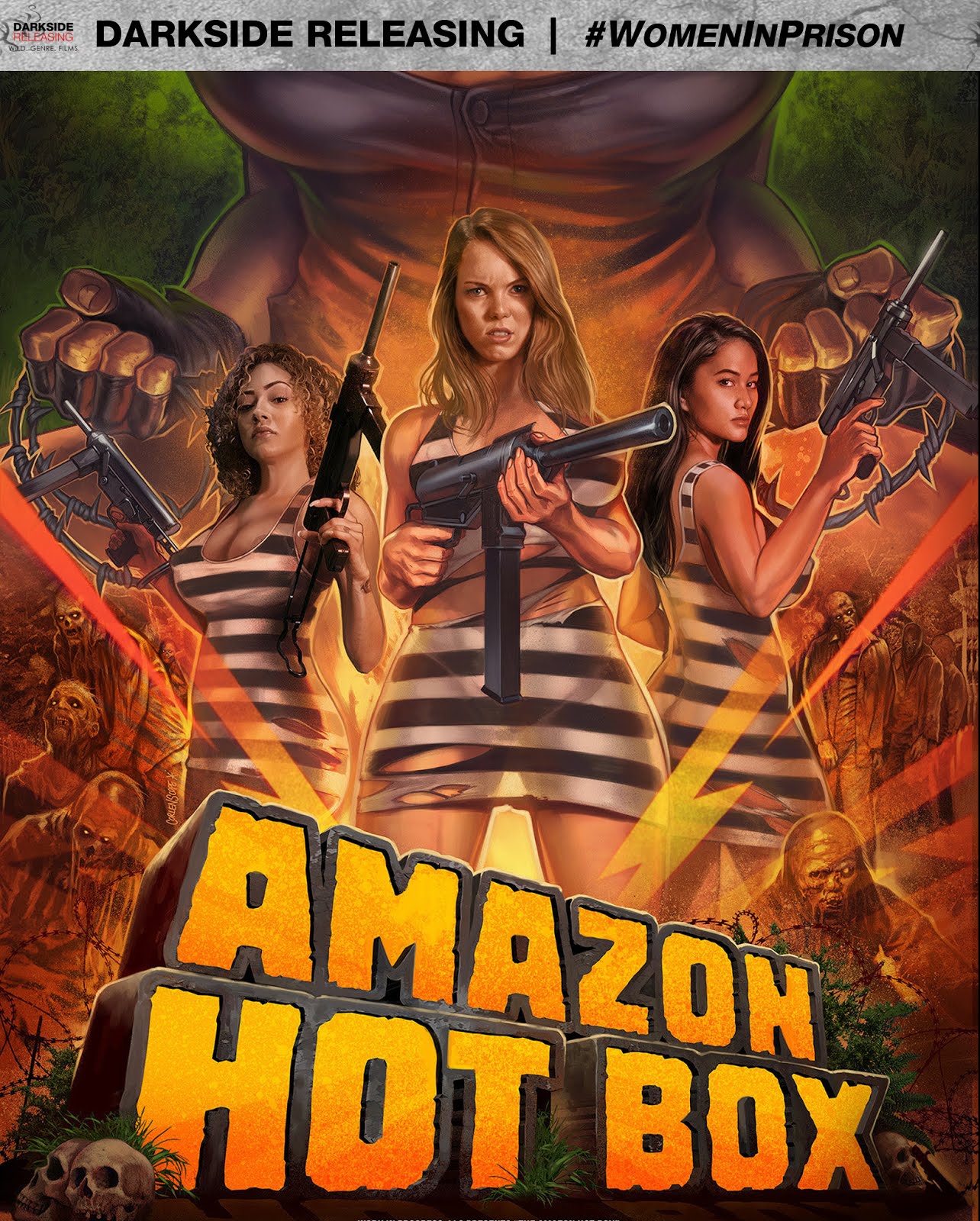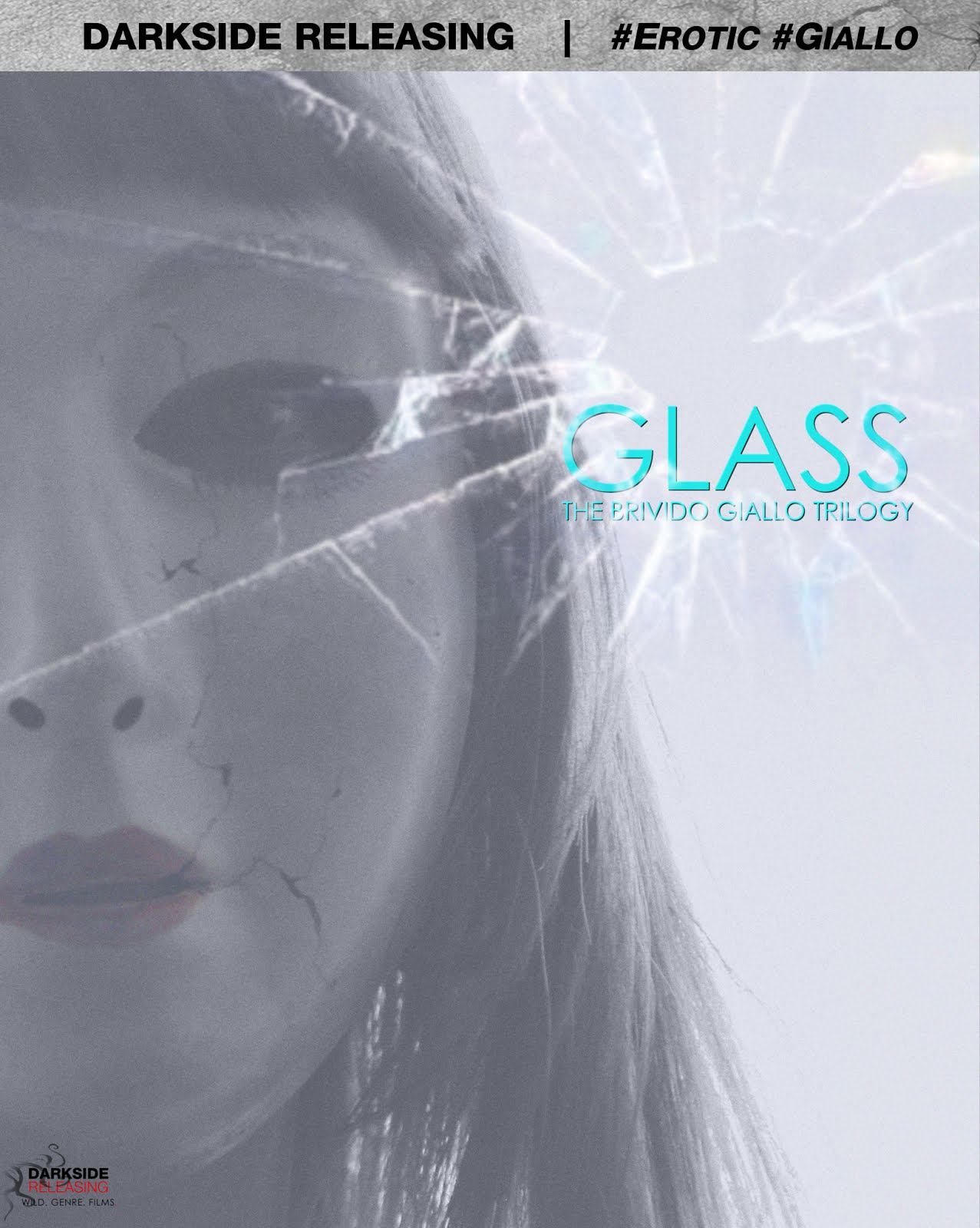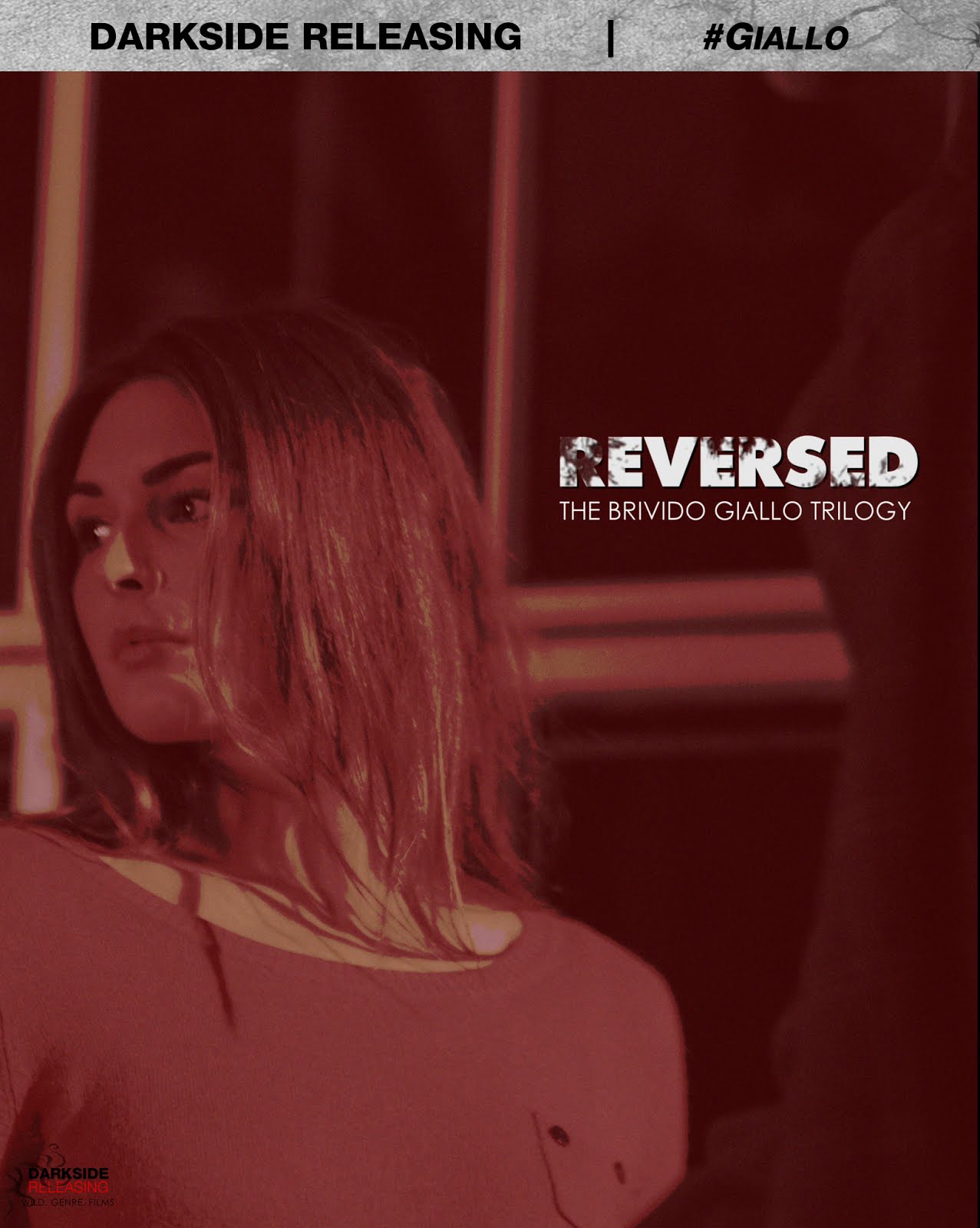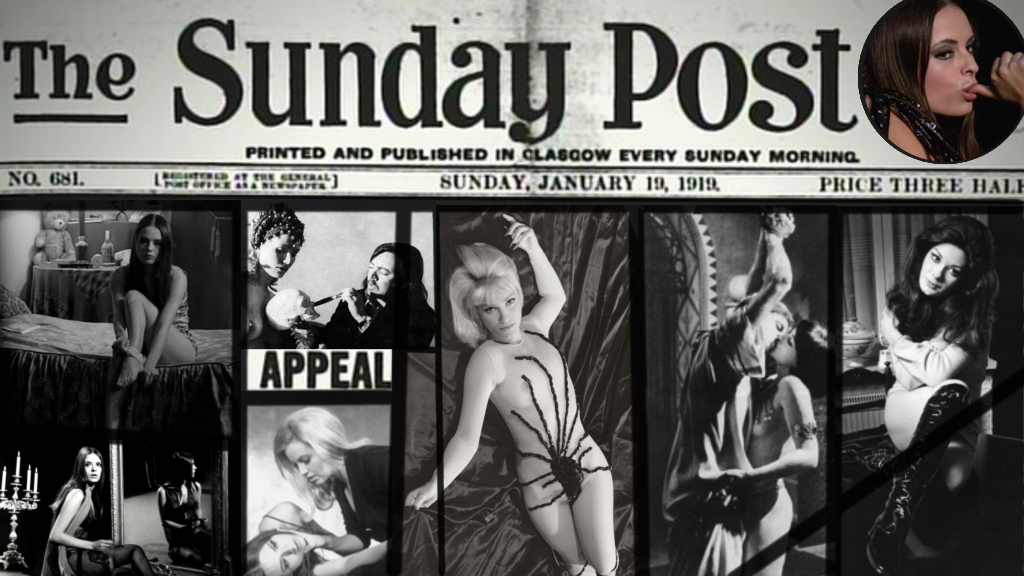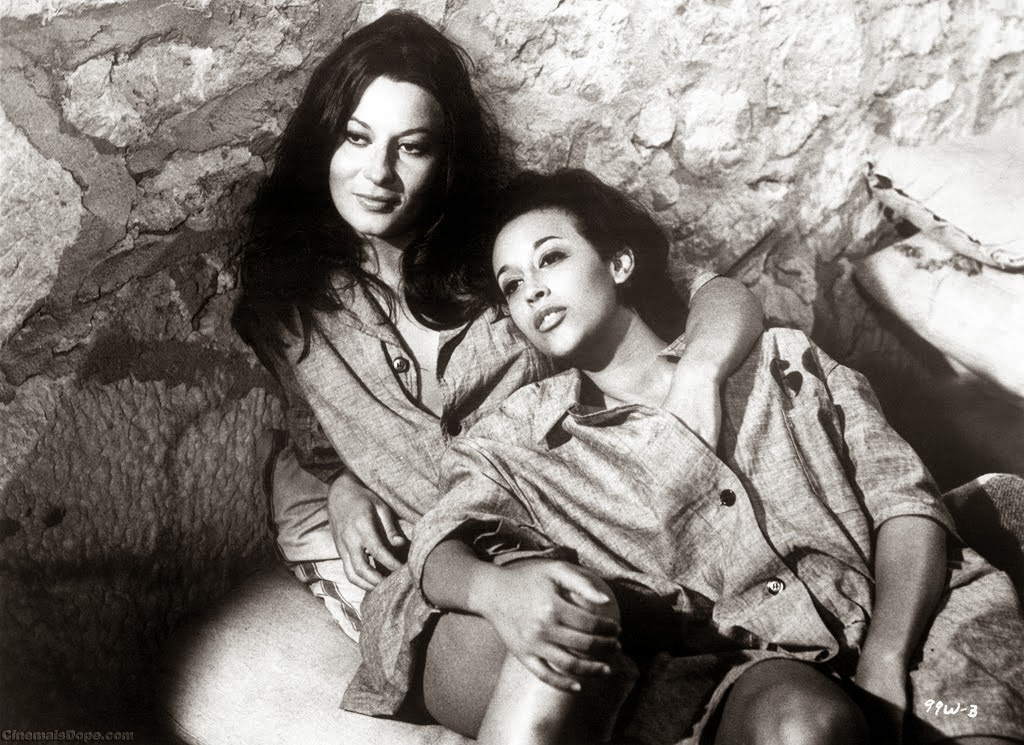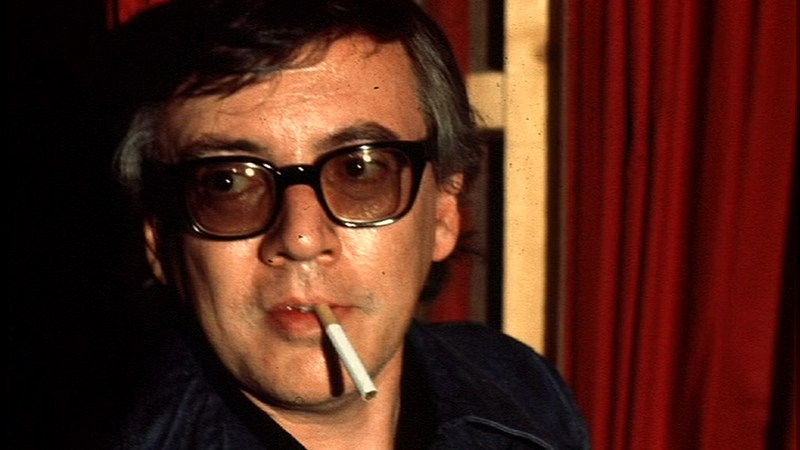Holy
Christ, this has been a sad year for genre cinema fans, as another
quiet icon of genre cinema passed away earlier this week. Italian
director Uumberto Lenzi may not have been a household name, but many
fans knew the name of this hugely prolific commercial Italian genre
director – more specifically, Umberto Lenzi actually specialized
and made his entire career out of Italian sub-genres, from
Poliziotteschi the
Italian cannibal “gut-munchers”, the latter with which Lenzi has
actually been credited with inventing upon the release of his
cannibal classic Man from Deep River. Indeed,
he explored this sub-genre further with his equally important Eaten
Alive (my personal favorite of
his cannibal films), and his most popular, Cannibal Ferox.
In 2002, several years
before the advent of the smart phone and any traffic law preventing
the use of cell phones while driving, my friend Josh (now from GBW
Podcast) and I got into an argument while driving down a
freeway as to whether or not Umberto Lenzi had directed the
zombie-virus movie Nightmare
City. I insisted that he had, Josh maintained an argument
to the contrary. Neither of us letting go of our arguments, he
finally phone one of those friends who knows everything about
everything to do with genre cinema, one hand on the steering wheel
and the other holding his flip-phone up to his ear. “Yo, who
directed Nightmare City...? No... No...! No!!” he exclaimed before
slapping the phone shut. “What?” I asked. “You were right,”
he said. “That's why you're pissed off?” I asked him. “No, I'm
mad because Lenzi's so much
better than that!”
Okay,
so that was the second thing I'd disagreed with during that drive.
Incidentally, we were coming back from a DVD warehouse where we'd
loaded up on genre DVDs, as was our passion. But Nightmare
City was an Italian genre movie
I was actually extremely fond of. Despite Umberto Lenzi's hugely
significant contributions to the Poliziotteschi
and cannibal-horror sub-genres of Italian cinema, my favourite films
of Leni's career actually fell within the giallo and
the popular 80s zombie genres. Along with the exciting and original
Nightmare City, I was
also a huge fan of his brilliant gialli Seven Blood-Stained
Orchids and Spasmo,
and the revenge-giallo/thriller
Hitcher in the Dark (which
was actually an American production starring a pre-Melrose
Place Josie Bissett). Lenzi's
importance as a groundbreaking genre filmmaker did not stop with
merely having invented an entirely new horror sub-genre for Italian
cinema, his work had also been copied by his more famous colleagues
(Brian DePalma and David Fincher using key sequences from
Seven Blood-Stained Orchids),
and in the 70s his movies had even been re-worked by American
filmmakers for the North American releases (it has been
rumored and at one point confirmed by Lenzi himself, although he
truly hadn't wanted to believe it, that George Romero had shot added
footage for Lanzi's Spasmo for
the American theatrical/drive-in releases).
Finally,
though, as contemporary maverick filmmakers Quentin Tarantino and
Robert Rodriguez sought to create new works based on or influenced by
pioneers of popular Italian genre cinema, Umberto Lenzi got
some mainstream North American recognition via Robert Rodriguez' Nightmare City-inspired
segment for the pair's genre throwback film Grindhouse. Rodriguez
and Tarantino both celebrated Lenzi's film as the key idea behind
Planet Terror. Since then (2007), a portion of Lenzi's
insanely massive genre output had been restored and re-released in
the Blu-ray catalogues of British distribution companies Arrow and
Shameless and the Italian/American distributor Raro, following in the
DVD footsteps of the old Anchor Bay and Shriek Show releases of the
early '00s.
Lenzi
was one of the quieter, and most under-appreciated talents of genre
cinema; but quiet or not, he was no less a giant in the arena
of genre cinema, and the body of work he has left behind will
no doubt be appreciated for years to come. RIP, Umberto Lenzi.
~V.





















